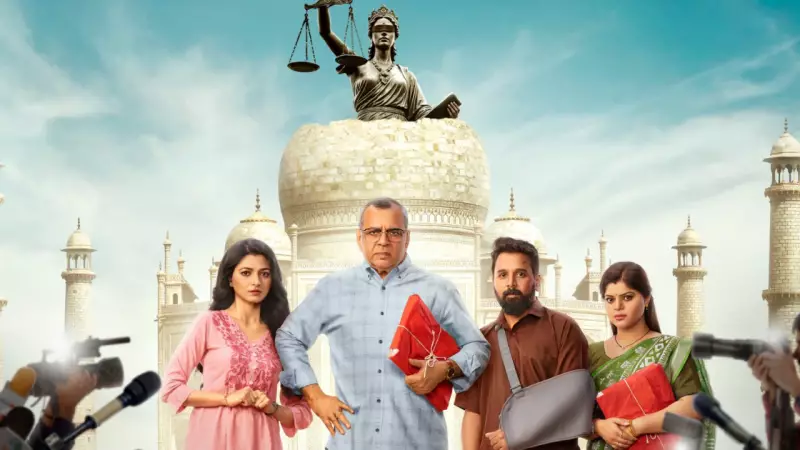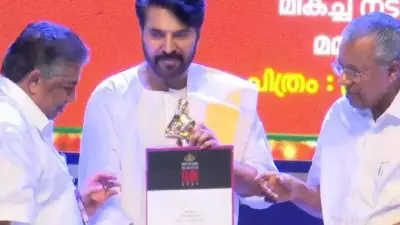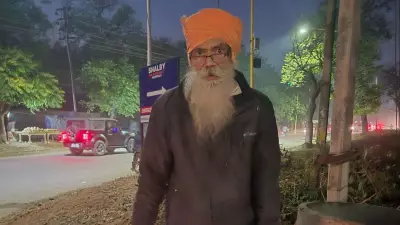
In a significant development for Bollywood, the Delhi High Court has refused to grant an urgent hearing for a Public Interest Litigation (PIL) filed against veteran actor Paresh Rawal's upcoming film 'The Taj'. The decision marks a temporary victory for the film's makers amid growing legal challenges.
Court's Firm Stance on Judicial Procedure
The bench, comprising Justice Manmohan and Justice Manmeet PS Arora, clearly stated that the matter didn't qualify as an "extremely urgent" case requiring immediate judicial intervention. This ruling came after petitioners sought priority hearing for their PIL, which alleges potential historical inaccuracies and cultural misrepresentation in the film's portrayal of the iconic Taj Mahal's story.
What's Behind the Legal Controversy?
The PIL filed against 'The Taj' raises several concerns that have sparked debate within cultural and film circles:
- Alleged distortion of historical facts surrounding the Taj Mahal's construction
- Concerns about cultural sensitivity in depicting Mughal era history
- Potential impact on India's rich heritage and tourism
- Questions about artistic freedom versus historical accuracy
Bollywood's Ongoing Legal Challenges
This case joins a growing list of Bollywood productions facing legal hurdles before release. Recent years have seen multiple films confronting similar petitions alleging historical inaccuracies, religious sentiments, or cultural misrepresentation. The industry has been grappling with balancing creative expression against growing public scrutiny and legal challenges.
What's Next for 'The Taj'?
While the Delhi High Court's refusal for urgent hearing provides temporary relief, the legal battle is far from over. The petition will still be heard according to the court's regular schedule, meaning the film's producers must prepare for ongoing legal proceedings even as they continue with production work.
The film industry is closely watching this case, as its outcome could set important precedents for how Indian courts handle conflicts between artistic freedom and historical preservation concerns. For now, Paresh Rawal and his team can continue their work without immediate legal interruption, but the cloud of pending litigation remains.





